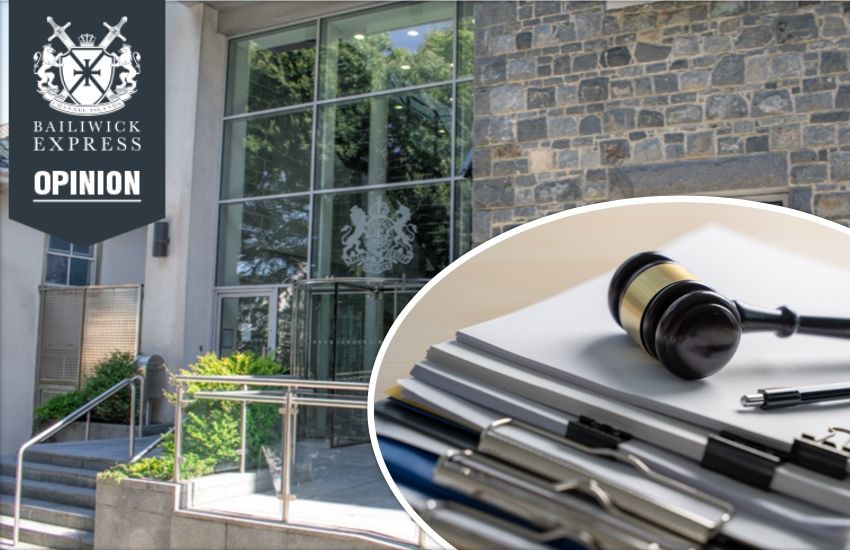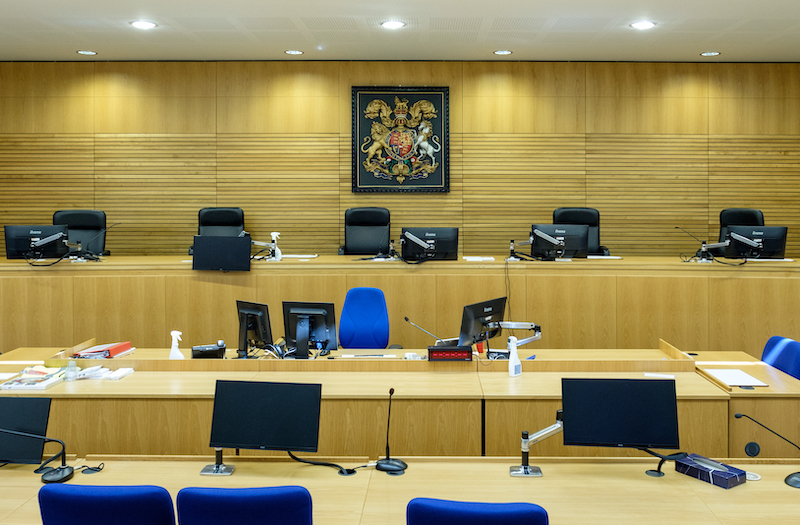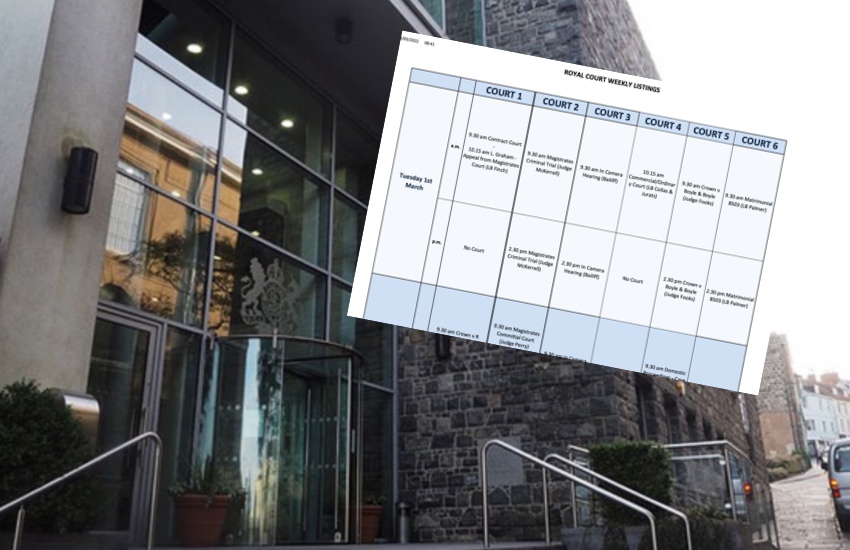


I’ve been covering court cases for local media for eight years and the most common question I get is… why?
I’ve been told multiple times that it’s rubbernecking, none of our business and unnecessary.
But despite this, I think media coverage of the island’s justice system, how it operates and how it treats people is one of the most important jobs journalists have.
Let me explain.
Guernsey’s justice system, like any justice system in a democracy, is a necessary, ugly and hugely important part of our society. It draws in those who choose to break our laws, chews them up and ultimately spits them out.
I’ve described it as such because going through the justice system, as a defendant, claimant or even a witness, is not a nice process.
It’s slow and arduous for those caught in its web.
I’ve seen the wheels turn in Guernsey and I feel for those who are forced to take part. From arrests through to sentencing, the entire process is almost purposely difficult for those found, or pleading, guilty. Even more difficult for those who claim innocence.
Not only that. It’s intimidating. I find it intimidating and I’ve followed countless court cases. It’s so intimidating and complicated that highly-trained and well-paid advocates are used to represent defendants. Therefore, it's not only intimidating but also expensive.

Pictured: "It is in justice that the order of society is centred" - Aristotle.
But what’s the alternative: Decisive justice? Judge, jury and executioner Judge Dredd style? No. This is a reasonable, democratic society and the facts of a case and the truth behind them must be tested fully.
The framework must be followed. People must be given the right to represent themselves and prove themselves innocent if they are. The guilty should be prosecuted and the public should be protected. The processes must be followed to make sure that we are treated fairly but also protected from those who have done harm, either through ignorance or will.
Sometimes the innocent get drawn in and my hope is that if the system works they should only experience inconvenience.
This is reason one for court coverage. We, the public, need and deserve to see what happens inside a court room. We need to see that the system works and is working appropriately. Not only are we paying for it, but nothing should scare you more than a secret justice system divorced from scrutiny.
I’ll add that sometimes court is closed off from the media and the public, especially when it involves young people and sensitive topics.

Pictured: The public are allowed to watch legal proceedings in viewing galleries attached to the courts.
Reason two for court coverage is that sometimes I - and so, inevitably, each of us at some point - don’t agree with the law.
For example, I think our drug laws are outdated and ruin the lives of young people.
Guernsey’s approach to sentencing people for cannabis possession is famously strict. The Richards’ guidelines for importation and supply were recently called “notoriously severe” by one of the island’s advocates.
Culture is fluid and what society once saw as forbidden can change to acceptable and be legalised through time. Just look at laws on alcohol, same-sex marriage and abortion.
We must be allowed to peer into the courts and see which laws may no longer be working for society and what needs to be fixed. Only then can we lobby our deputies and fight for change.
If not change… then at least conversation.

Pictured: The Royal Court publishes its weekly calendar ONLINE.
It means a certain level of discernment. I don’t believe everything in court should be published - that is unnecessary. If Joe Bloggs gets caught for doing 40mph on Forest Road, is that really of public interest?
Is a scuffle between friends - who’ve since made up - newsworthy?
Unless they were being sentenced to life in prison, which they can’t be, then I don’t think ‘naming and shaming’ is worth anyone’s time.
But 100mph along the coast road? An unprovoked assault in the pub by a stranger?
I think the public deserves to know that these offences are being taken seriously and the perpetrators are being dealt with properly.
Justice should be transparent. It's the job of the media to help make sure it is.